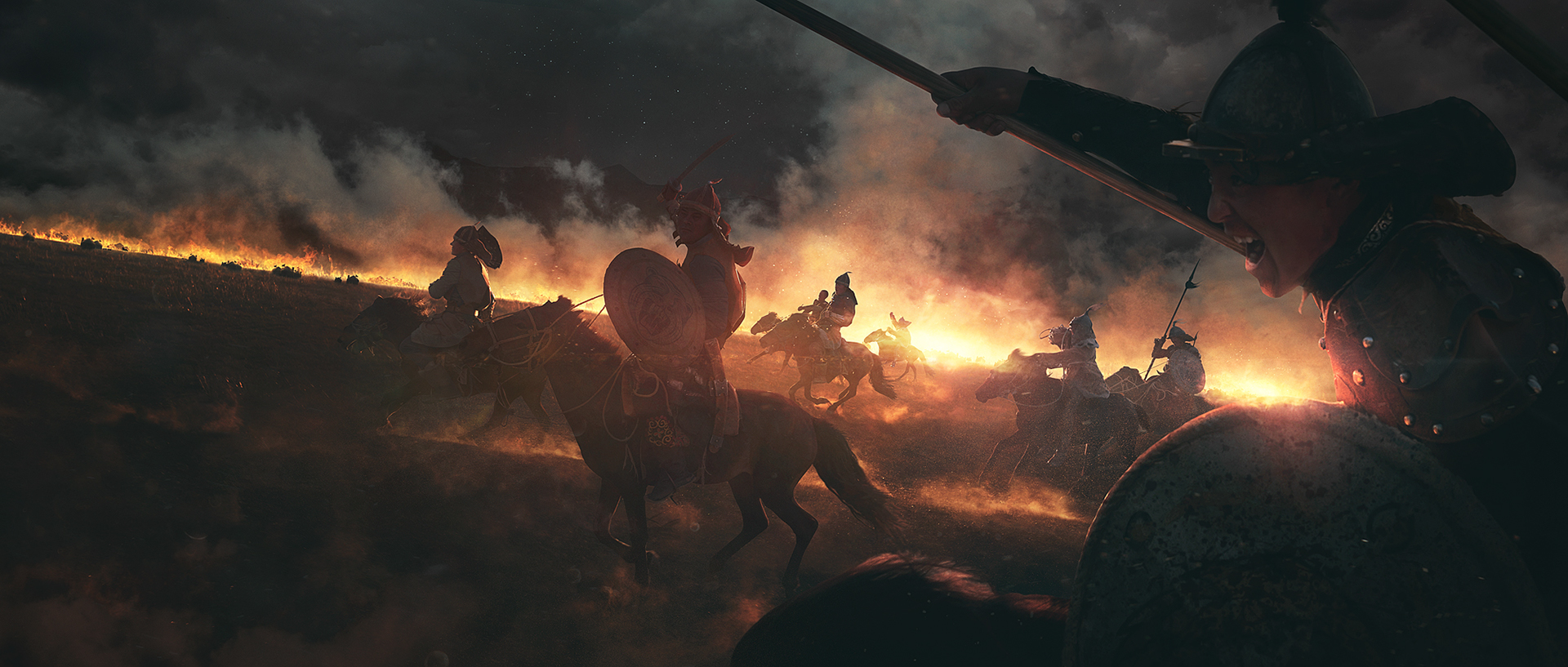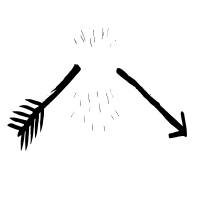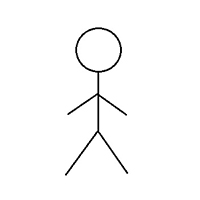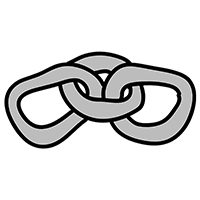Ashkuzism
Proemium
The beliefs of the Ashkuz barbarians are truly strange. What little is known of the Ashkuz deities paint them as horrible indeed, for they have no positive attributes and bring only death, disease, and misfortune to all they fasten their attention. The Ashkuzi do not worship their gods so much as request to be ignored by them, seeking a balance of good and evil acts throughout their lives. They build no temples nor possess a true priestly caste, just the mad who seek the attention of the pantheon out of ignorance of their nature or pure hubris. Knowledge of their gods is passed from parent to child and never in public.
On Their Relationship with other Faiths
According to the letters of Orian and Belus, who visited the tents of their Great Xhagan three centuries ago to share the knowledge of Ator's Law, the Ashkuzi deign to acknowledge the existence of all other gods but worship, prayer, or sacrifice to other gods raises the fear that the Ashkuz pantheon will notice and punish them. Yet, perhaps due to their origins as former slaves of the brutish Urk, faiths that condone slavery are looked at with extreme distaste. Religion is a very private matter to the Ashkuzi and acts of balance are often done alone. Praise for good acts is uncomfortable to them and they believe it brings the danger of malign notice.
Of the Ashkuz Pantheon
While the true names of the Ashkuz gods are never spoken or written, they are often referred to by the type of misery they most enjoy inflicting. According to the martyred Orian and Belus, each has a glyph to represent them that is used mostly for written curses. Only four are generally known outside of Ashkuz lands:
Aşlık (Infortunium)
Especially the misfortune of a failed attack. Misfortune is said to be crepuscular, fond of unclean places such as charnel houses and mass graves, and manifest in pestilence.
Pictograph: a broken arrowGıl (Hiems)
Conceived as the pain of hunger--poor hunting, starvation. Deification of natural forces are common among the savage tribes. The only god of the Ashzuki said to be capable of laughter.
Pictograph: A stick figure man; the starveling.Baklık (Crudelitas)
Infliction of unwarranted pain, torture, wanton violence. Baklık savors these acts, drawn to the pain and terror.
Pictograph: The Torn BoneGullık (Servitus)
For the Ashkuzi, the practice of slavery is detestable. Ashkuzi do not own or trade in slaves and hold people that do in contempt. The oral history of the Ashkuzi mention repeatedly that the tribes once were held in slavery by the Shir Urk horde of distant Yargatai.
Pictograph: Three links of chainSages familiar with the folkways of the various Steppelander tribes of the east have observed that the characteristics of the four deities that make up the Ashkuz pantheon are equivalent to a portion of the gods worshiped by their former masters, the Shir Urk (Yellow Urk) of the Yargatai Plateau.
On Ashkuzan Worship
The Ashkuzi never petition their gods for boon or surcease. Indeed, even the rituals of their seers are merely requests to be left alone.
Seeking balance among the cosmic humours within one's self leadeth an Ashkuz to perform acts he believeth will simply bore their gods into ignoring them. If an Ashkuz commits a particularly evil deed--murder of the innocent, betrayal of loyalty, failing their clan, or the like--he will seek to balance it out with a good deed, such as manumission of slaves. As noted earlier, the Ashkuzi have a deep cultural revulsion against slavers, often killing them out of hand if it can be safely done within the web of good, evil, obligations and voluntary commitments that makes up fabric their lives. At the same time, many Ashkuzi think their gods are repulsed by acts considered as good or at least thwarting the will of the wicked. Too many good acts might also attract the attention of their gods, who will act to destroy good people whom they consider their subjects. Particularly wicked people are similarly in danger, for they may become an avatar of one of Ashkuz gods and wreck amazing destruction on their family and clan in the brief time before their bodies are simply burned away. Their souls are then consumed by the possessing god, existing in eternal agony in the vitriol of their digestive systems.
Except where noted, all text and imagery are licensed under a Creative Commons Attribution-NonCommercial-ShareAlike 4.0 International License.






